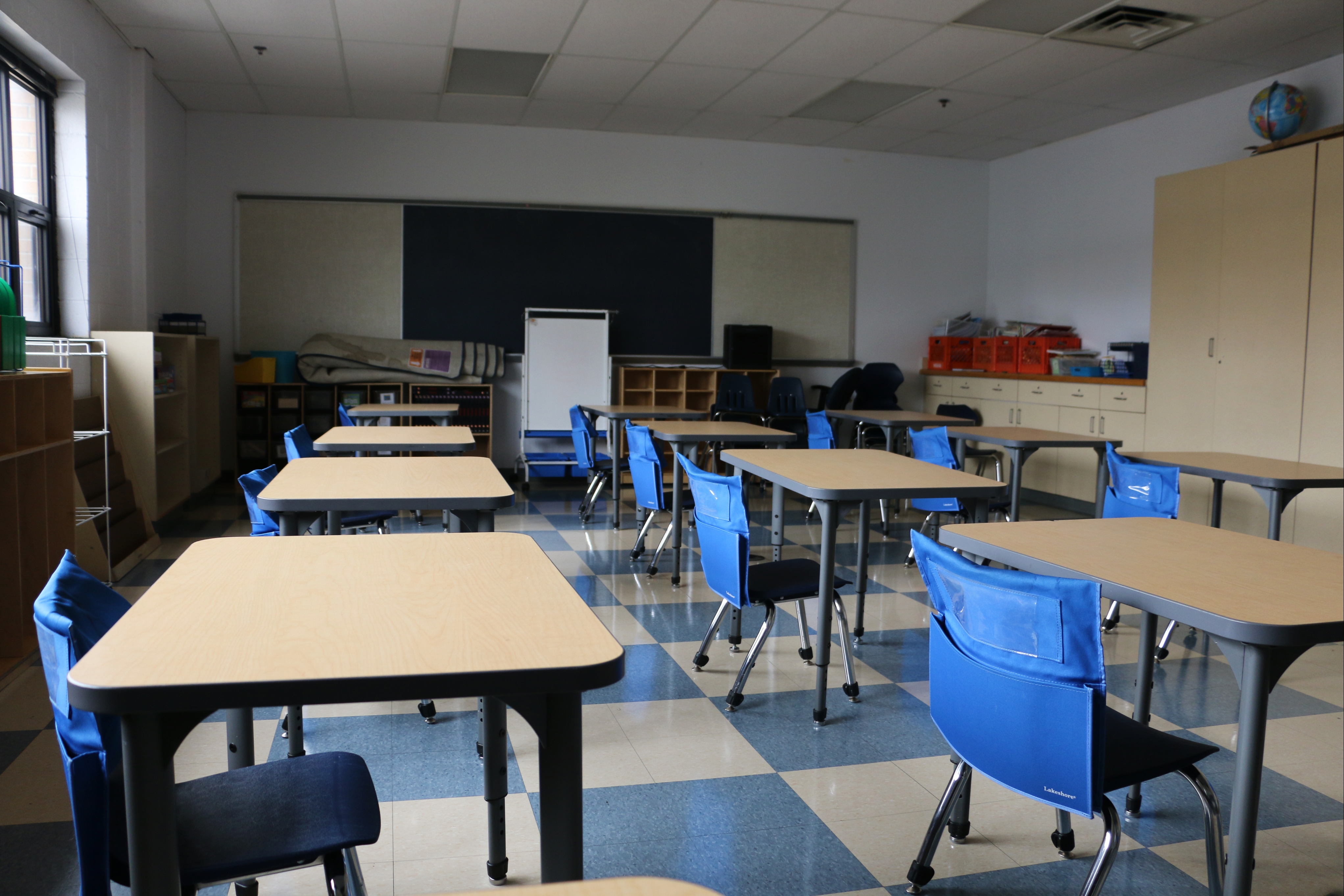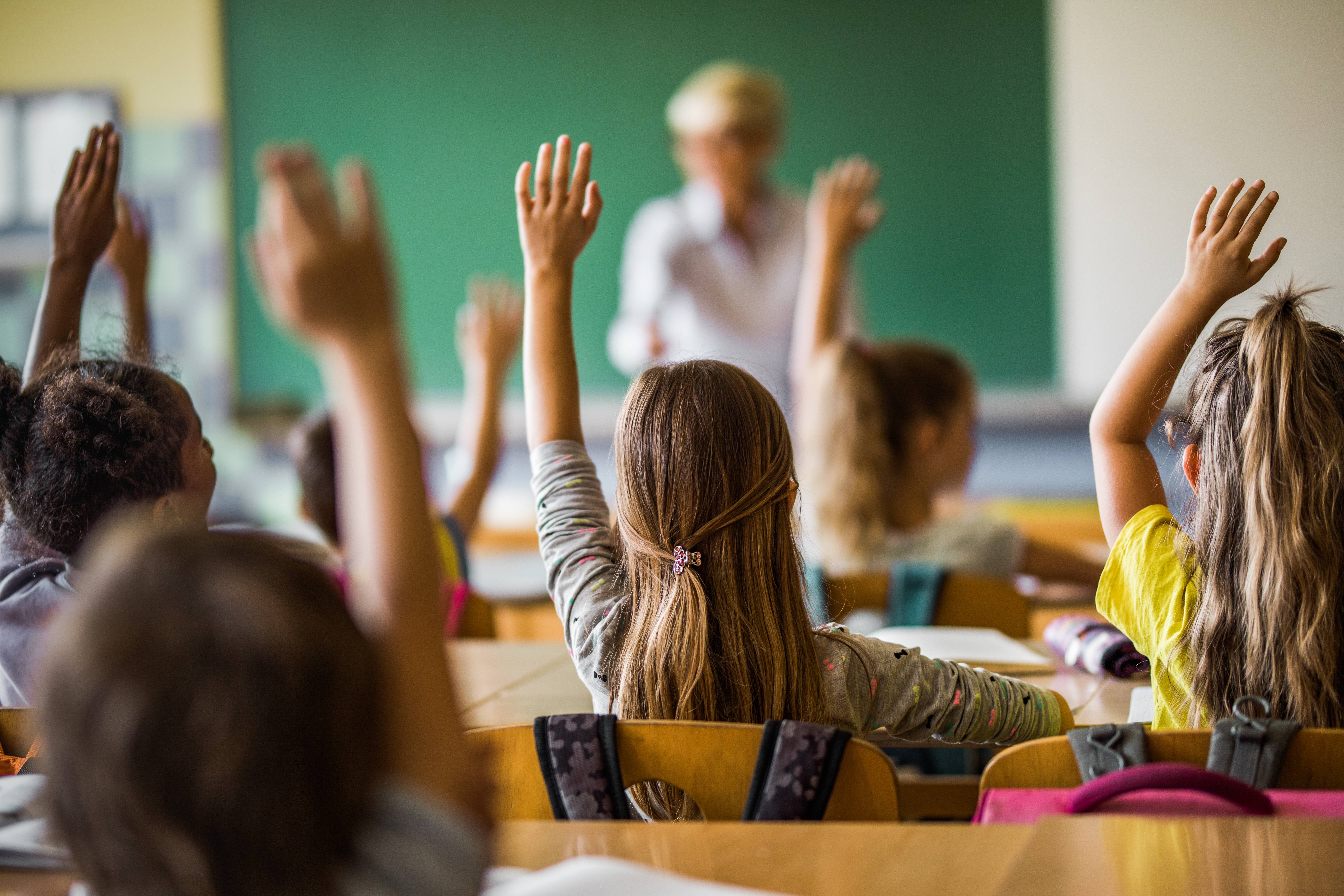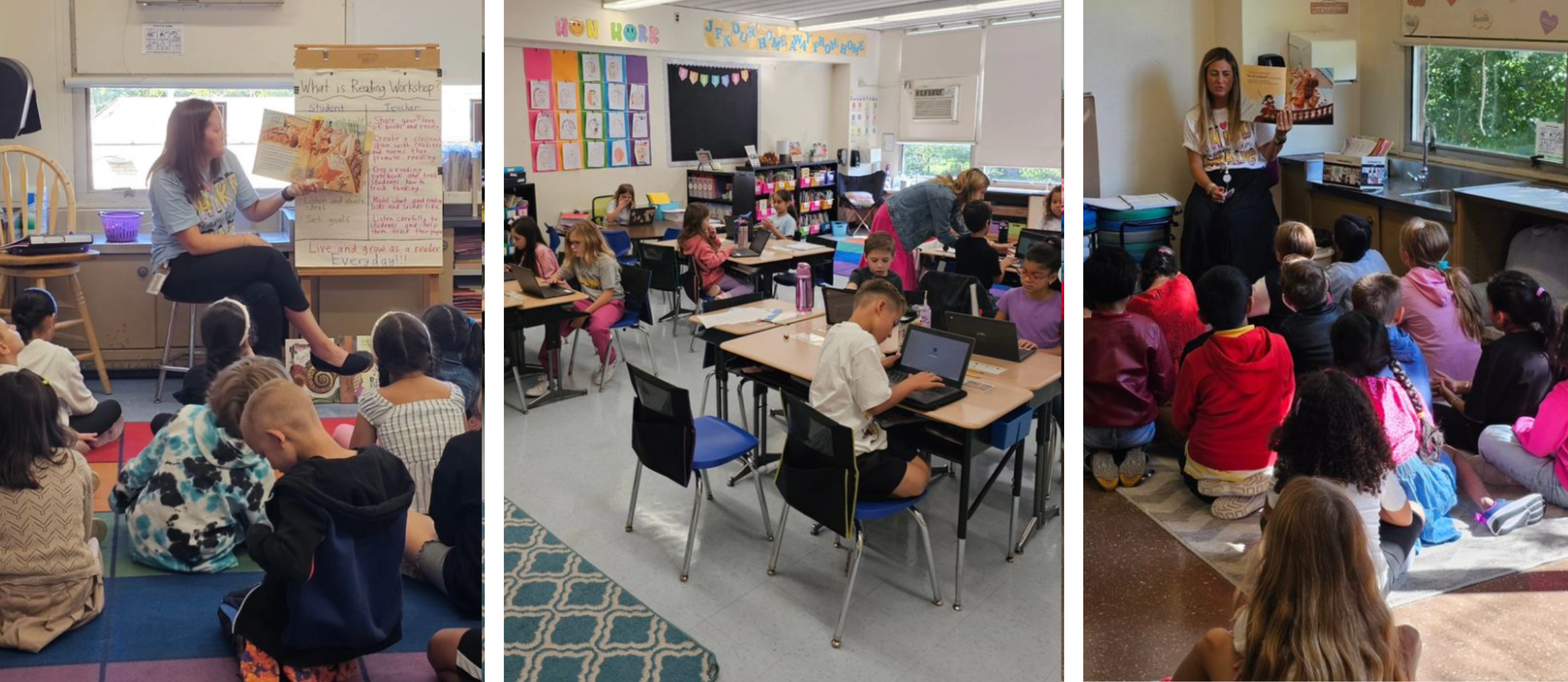Sign up with the Movement to Save Temecula Schools: Community Activity Needed!
Sign up with the Movement to Save Temecula Schools: Community Activity Needed!
Blog Article
Exactly How Schools Play a Critical Function in Shaping Future Leaders and Innovators
By incorporating project-based learning and interdisciplinary research studies, instructional establishments test students to examine and synthesize complicated info. Educators offer as advisors, directing pupils and nurturing their potential, while extracurricular activities further create management skills and durability.
Fostering Important Assuming
In today's swiftly developing world, cultivating crucial assuming within academic institutions has come to be critical. As society faces significantly complex international obstacles, the capacity to analyze, evaluate, and manufacture details is crucial. Schools play a critical duty in establishing these abilities, preparing trainees to browse and deal with complex problems with educated, reasoned choices.
To cultivate crucial thinking, educators employ numerous instructional approaches that urge energetic understanding and intellectual interaction. Class discussions, problem-based knowing, and Socratic examining contribute in promoting analytical and reflective mind. By testing students to interrogate presumptions and think about multiple viewpoints, these methods make certain a deeper understanding of topic beyond memorizing memorization.
In addition, integrating important believing across the educational program enhances its value and applicability in diverse contexts. Topics such as mathematics, science, history, and literature each deal special opportunities to create trainees' essential professors. Analyzing historical occasions requires evaluating resources and comprehending context, while scientific inquiry demands extensive theory screening and evidence-based thinking.
Eventually, instilling critical believing skills in pupils furnishes them with the cognitive devices required for long-lasting learning and versatility. It is with this fundamental skills that future leaders will have the ability to innovate, fix troubles, and contribute meaningfully to culture.
Urging Creative Thinking
Welcoming creativity within instructional structures galvanizes pupils to assume past standard borders and discover cutting-edge remedies. By integrating artistic undertakings and creative thinking workouts right into the educational program, schools grow an environment where originality and creative idea are valued. This method not only improves the instructional experience however also furnishes pupils with the capacity to tackle real-world obstacles in novel methods.
School can cultivate creativity with varied methods such as project-based understanding, interdisciplinary studies, and the unification of arts and innovation. Project-based knowing, for instance, urges students to use their understanding in sensible, usually collaborative, tasks that require creative problem-solving abilities. Interdisciplinary studies permit students to draw links in between various subjects, thus widening their perspectives and enhancing their innovative capacities.
Additionally, offering students with possibilities to engage with emerging technologies, such as coding and digital style, further nurtures their innovative possibility. These tasks trigger students to experiment, stop working, and repeat, which are crucial parts of the imaginative process (Save Temecula Schools). By maintaining a supportive setting where testing is urged, institutions can make sure that students develop the confidence to go after ingenious ideas
In significance, nurturing creative thinking in instructional settings is indispensable for forming future leaders and innovators with the ability of addressing intricate global issues with resourcefulness.
Encouraging Cooperation

Executing group-based learning components and participating projects allows pupils to experience the dynamics of view synergy firsthand. This not only prepares them for the collective nature of contemporary workplaces however additionally supports management high qualities as they often need to tackle functions such as project supervisors or team organizers. Furthermore, cooperation in the classroom can damage down social obstacles and advertise inclusivity, guaranteeing that each pupil really feels valued and heard.
Moreover, integrating technology can even more sustain collective efforts. Devices like common interactive platforms and digital work areas enable pupils to work together efficiently, also outside the class. As pupils develop these joint abilities, they are much better outfitted to take on complicated challenges and innovate, laying the foundation for their future duties as trendsetters and leaders.
Function of Teachers as Mentors

Mentorship includes tailored interest, where educators recognize and support individual strengths and address weaknesses. Save Temecula Schools. With individually interactions, teachers can tailor their guidance and support to fulfill each pupil's one-of-a-kind needs, promoting a feeling of confidence and resilience. This personalized technique grows a growth frame of mind, encouraging pupils to check out failures as chances for discovering and growth
Moreover, educators function as good example, demonstrating the worths of willpower, empathy, and integrity. Their attitudes and actions offer a blueprint for pupils to imitate, instilling a feeling of honest obligation and social recognition. By producing a encouraging and comprehensive class atmosphere, instructors allow trainees to establish social skills that are critical for reliable leadership.
Basically, the mentorship supplied by educators lays a foundational structure for the advancement of future leaders, equipping them with the expertise, skills, and worths needed to master an ever-evolving globe.
Impact of Extracurricular Tasks
When integrated efficiently right into the academic framework, after-school activities significantly improve student growth and management possibility. These tasks offer pupils with opportunities to discover rate of Get More Information interests past the click to read standard curriculum, fostering a versatile capability. Clubs, sports teams, and arts programs cultivate vital high qualities such as team effort, time management, and resilience. Involvement in these activities usually needs pupils to tackle obligations, consequently nurturing their leadership capacities.
Furthermore, extracurricular involvement motivates imagination and advancement. Pupils took part in music, drama, or debate clubs learn to assume seriously and strategy problems from diverse perspectives. These experiences instill confidence, enabling pupils to voice their ideas and take effort in different settings. By working together with peers from various backgrounds, trainees likewise establish empathy and communication skills, crucial qualities for future leaders.
Research study suggests that students entailed in such programs have a tendency to have greater grades and far better presence documents. Therefore, colleges that prioritize a well balanced method to education and learning, integrating durable extracurricular programs, are a lot more most likely to produce pioneers and leaders outfitted to meet the obstacles of the future.

Final Thought
To conclude, schools considerably shape future leaders and pioneers by nurturing essential thinking, imagination, and partnership amongst pupils. Engaging pedagogical methods such as project-based learning and interdisciplinary research studies play an important role in this advancement. Educators, acting as coaches, provide necessary advice and support, while extracurricular activities even more improve management prospective and durability. By cultivating a supportive setting that values individual strengths and synergy, institutions furnish pupils with the required skills to browse future obstacles and drive advancement.
As students create these joint abilities, they are better equipped to take on complicated obstacles and innovate, laying the foundation for their future duties as leaders and innovators.
By promoting vital thinking and problem-solving abilities, instructors aid students navigate complex obstacles, preparing them for leadership duties in different fields.
By teaming up with peers from various histories, trainees also develop empathy and interaction skills, necessary qualities for future leaders.
In verdict, institutions considerably shape future leaders and trendsetters by nurturing essential thinking, imagination, and partnership among trainees. By cultivating an encouraging atmosphere that values individual staminas and teamwork, schools outfit students with the needed abilities to navigate future obstacles and drive development.
Report this page